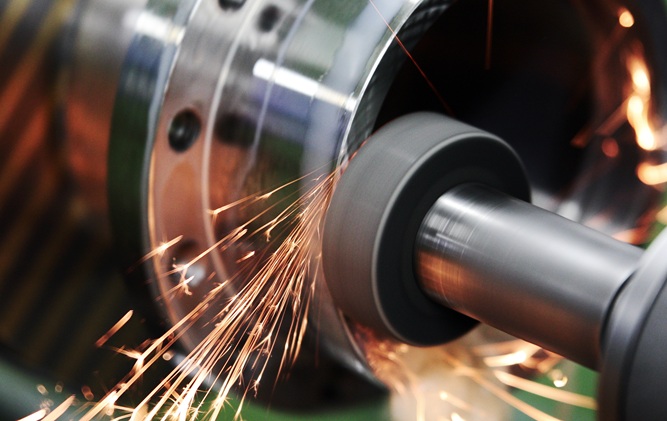As industrial machinery and tools exporters look to expand across Europe, many are discovering a strategic ally in Luxembourg. With its central location, tax-efficient framework, and simplified customs environment, Luxembourg commercial companies offer exporters powerful tools to reduce costs, streamline logistics, and comply with EU regulations—all while gaining faster access to key European markets.
1. Strategic EU gateway with a lean VAT structure
Luxembourg functions as a central distribution hub for machinery exporters targeting Europe, thanks to its standard VAT rate of 17%, notably lower than most EU countries. When exporters set up a local commercial entity, they gain the ability to act as the ‘Importer of Record’, reclaim import VAT via intrastat procedures, and then move goods into EU markets—effectively reducing upfront VAT burdens and enabling smoother cash flows.
2. Attractive tax regime for trading entities
Luxembourg offers a competitive corporate income tax (CIT) regime: rates in 2025 stand at 14% for incomes up to €175,000 and 16% beyond, resulting in an effective tax burden of approximately 23.87% in Luxembourg City when municipal and solidarity surcharges are included. This compares favorably to other EU nations and, when combined with unlimited loss carryforwards, provides flexible tax planning opportunities—especially valuable in the capital-intensive machinery sector.
3. Customs & documentation efficiency
A Luxembourg-based commercial company can optimize customs through an in-house Customs Management System (CMS). This enhances speed, reduces errors, and lowers administrative overhead compared to fragmented cross-border imports. Moreover, Luxembourg’s well-trained customs agencies simplify the handling of dual-use machinery and require only standard import documentation (EORI registration, commercial invoices, CES, etc.)—conditions already met by functioning Luxembourg entities.
4. Enhanced trade financing & public support
Local commercial entities open access to Luxembourg export support initiatives. The Office du Ducroire offers up to €300,000 in “de minimis” export aid over rolling three-year periods, provided firms are at least three years old and hold valid commercial permits. In addition, a domestic presence simplifies access to local trade financing tools, such as export credit and insurance, which domestic lenders and EU schemes often restrict to local-based entities.
5. Leveraging customs unions and trade agreements
Luxembourg is a full participant in EU trade mechanisms and bilateral agreements like CETA, providing duty-free access and smoother customs processes when exporting to markets like Canada. Holding and shipping goods under Luxembourg commercial entities enables machinery exporters to assert origin and avoid extra tariffs—saving significant costs, especially for heavy-value equipment.
6. Specialized logistics networks
Established Luxembourg logistics providers, such as MCGlobe, offer fully integrated services—from bonded warehousing and customs clearance to package consolidation and pan‑EU transport. These specialists use real-time tracking and optimized transport routes to cut storage expenses, inventory carrying costs, and administrative overhead. By holding stock locally, exporters can fulfill EU orders rapidly and cost‑efficiently.
7. Compliance with EU dual-use and technical standards
Selling high‑precision machinery often triggers dual-use controls. A Luxembourg-registered entity simplifies compliance via a local EORI number, familiar dual-use classification assessments, and timely customs filings. This lowers the risk of shipment delays or penalties—especially critical for machine tools with sensitive technical components.
Summary Table
| Feature | Benefit for Machinery Exporters |
|---|---|
| Lower VAT (17%) | Improves cash flow and speeds distribution |
| CIT 23.87% | Competitive, with loss carryforward flexibility |
| Customs efficiency | Faster import/export cycles, fewer errors |
| Export subsidies | Financial support up to €300k/3 years |
| Trade agreement access | Reduced duties to markets like Canada (CETA) |
| Lean logistics | Bonded warehousing, inventory cost control |
| Regulatory compliance | Smooth export of dual-use or regulated machinery |
For industrial machinery and tool exporters, setting up a commercial entity in Luxembourg means more than just a tax address—it’s a strategic base offering VAT advantages, tax efficiency, streamlined customs, local subsidies, logistics support, and regulatory clarity. When combined, these elements translate into measurable cost savings, reduced operational risk, and accelerated access to European markets—solidifying Luxembourg’s status as a unique launchpad for exporting machinery and tools to Europe. Please contact your Damalion expert now.

